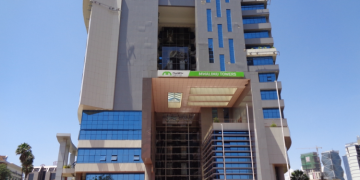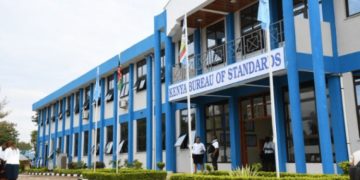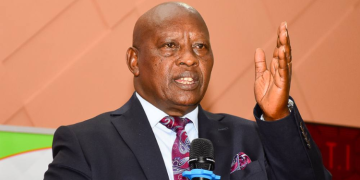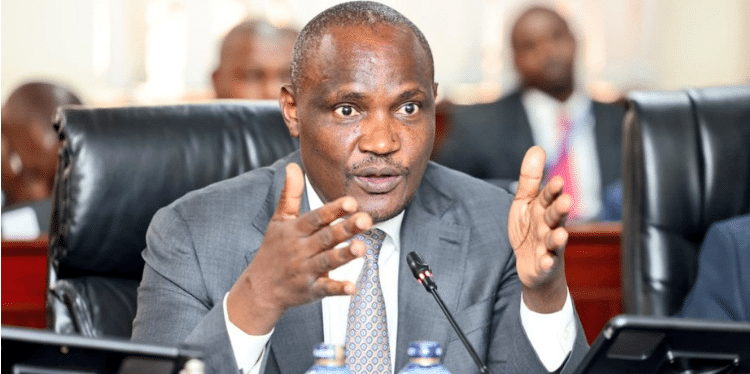Treasury Cabinet Secretary John Mbadi has hinted at looming staff layoffs and the closure of satellite campuses as the government grapples with underfunding in public universities.
While appearing before the National Assembly committee on education on Thursday, July 24, Mbadi also indicated that the government may resort to outsourcing services in underfunded institutions, as it can no longer fully meet the needs of government-sponsored students.
The CS further warned that the state can no longer sustain the full cost of educating government-sponsored students, signalling a shift towards cost-cutting measures and possible outsourcing of key services.
Mbadi Rules Out Capitation Review Amid Budget Constraints
This means that parents will have to dig deeper into their pockets to support their children’s education.
“Currently, learners are provided with tuition and operational costs at the rate of Ksh1,420 for primary education. For junior school, it is Ksh15,042 per child. And per capita, for senior secondary school is 22,244,” Mbadi said.
“However, due to constrained fiscal space and other emerging priorities within the education sector, updating these rates might be untenable. The government will now, however, consider reviewing these rates should revenue performance improve.”
He explained that student enrolment numbers continue to rise, yet revenue performance has not increased at the same rate. As a result, the government is forced to operate within a tight fiscal framework.
On his part, Education CS Julius Ogamba said that this particular figure has not been attained in the ministry’s budget allocations for the last four or five years.
“And that is because the numbers of students have been going up, but the figure has remained static. Administratively, the ministry has taken steps to ensure timely disbursement of capitation,” he said.
Also Read: University Boss Slapped with Ksh500,000 Fine for Defying Orders
This comes after several universities in 2020 either shut down or merged their satellite campuses to comply with a directive from the higher education regulator.
The move followed intensified inspections by the Commission for University Education (CUE), which led to the closure of more campuses in a bid to safeguard the integrity of higher education.
Laikipia University closed six campuses across the country, while Kisii University shut down five of its ten campuses and merged others.
University Funding Crisis
Public universities in Kenya are facing a severe funding crisis, with some on the brink of insolvency. The crisis is marked by mounting debts, reduced government allocations, and the rollout of a new student funding model that has sparked confusion and uncertainty.
Rising operational costs and heavy reliance on tuition fees have further worsened the situation, leaving universities vulnerable to fluctuations in student enrollment.
Most of these universities are in dire need of finances to sustain their operations, and the envisaged university reforms being undertaken have been inordinately slow.
Also Read: KU, JKUAT, Kisii University Top List for Most Degree Programmes in 2025
Poor management and skyrocketing operational costs have left universities unable to function efficiently. In response to the crisis, many institutions have resorted to drastic cost-cutting measures.
Academic programmes have been scaled down, research activities slowed, and essential student services have been negatively affected. In some cases, infrastructure projects have stalled due to unpaid contractors.
The financial strain has also forced universities to lay off staff, delay salary payments, and, in extreme cases, temporarily shut down operations.
Follow our WhatsApp Channel and X Account for real-time news updates.











































































